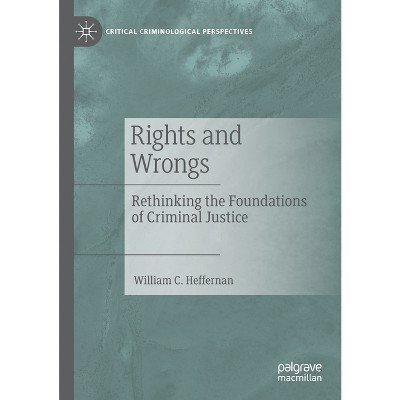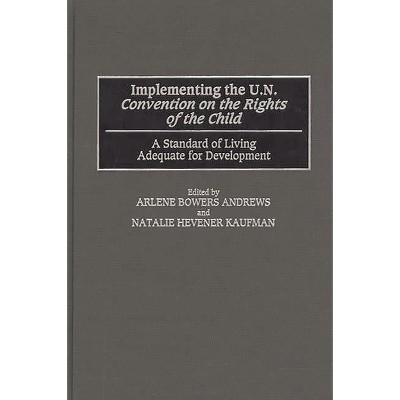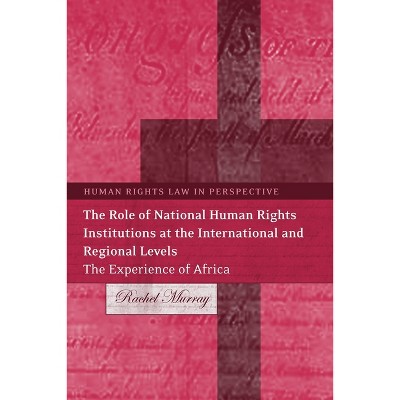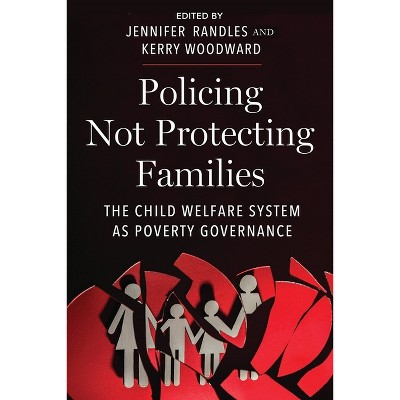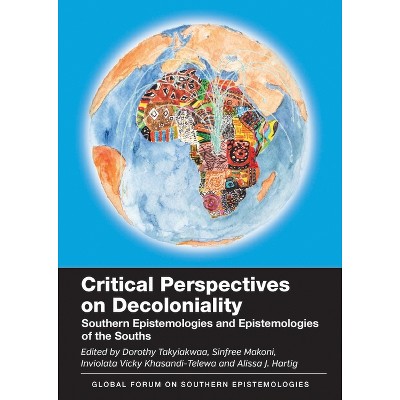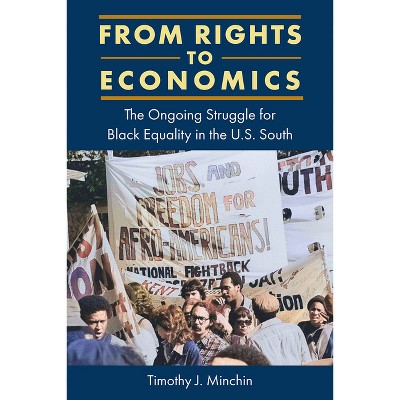Sponsored

The Effectiveness of Un Human Rights Institutions - (Critical Perspectives on World) by Patrick James Flood (Hardcover)
In Stock
Sponsored
About this item
Highlights
- Since the 1970s, the international community of states has demonstrated increasing willingness to invest UN institutions with politico-ethical authority to act on its behalf in addressing human rights abuses.
- About the Author: Patrick James Flood is a former U.S. Foreign Service Officer who earned a PhD in political science from the University of Massachusetts Amherst after completing a career with the Department of State.
- 184 Pages
- Political Science, Civil Rights
- Series Name: Critical Perspectives on World
Description
About the Book
Since the 1970s, the international community of states has demonstrated increasing willingness to invest UN institutions with politico-ethical authority to act on its behalf in addressing human rights abuses. Through trial and error, some of these institutions have had a degree of success in securing better practical observance of international human rights standards. Flood examines the reasons why some structural approaches have had more impact than others. He argues that states must make policy choices in an environment where many political actors operate simultaneously and where several state interests are in play simultaneously. This situation creates the political space in which community structures can operate to influence behavior. Because states require the active or tacit cooperation of other states to promote their interests, they seek to avoid prolonged political isolation. Thus, the most effective UN human rights institutions are those linked in meaningful ways with Charter-based human rights mechanisms.
These mechanisms--thematic and country-specific--have different structural advantages, and their concrete effectiveness depends on the specific circumstances of the particular case they are asked to address. There is evidence that they have greater impact when employed simultaneously, as well as when key states support their efforts bilaterally. Through case studies, Flood analyzes the work of the thematic mechanisms on disappearances and religious discrimination and the country-specific mechanisms used with Chile and Iran. He concludes that Charter-based UN human rights institutions have become an enduring part of the international environment and that their activities have strengthened the concept and practice of state accountability to the international community for human rights conduct.
Book Synopsis
Since the 1970s, the international community of states has demonstrated increasing willingness to invest UN institutions with politico-ethical authority to act on its behalf in addressing human rights abuses. Through trial and error, some of these institutions have had a degree of success in securing better practical observance of international human rights standards. Flood examines the reasons why some structural approaches have had more impact than others. He argues that states must make policy choices in an environment where many political actors operate simultaneously and where several state interests are in play simultaneously. This situation creates the political space in which community structures can operate to influence behavior. Because states require the active or tacit cooperation of other states to promote their interests, they seek to avoid prolonged political isolation. Thus, the most effective UN human rights institutions are those linked in meaningful ways with Charter-based human rights mechanisms.
These mechanisms--thematic and country-specific--have different structural advantages, and their concrete effectiveness depends on the specific circumstances of the particular case they are asked to address. There is evidence that they have greater impact when employed simultaneously, as well as when key states support their efforts bilaterally. Through case studies, Flood analyzes the work of the thematic mechanisms on disappearances and religious discrimination and the country-specific mechanisms used with Chile and Iran. He concludes that Charter-based UN human rights institutions have become an enduring part of the international environment and that their activities have strengthened the concept and practice of state accountability to the international community for human rights conduct.About the Author
Patrick James Flood is a former U.S. Foreign Service Officer who earned a PhD in political science from the University of Massachusetts Amherst after completing a career with the Department of State. His career included major responsibilities for human rights and international organizations policy, both in Washington and at the U.S. Mission to the UN in Geneva. He has worked extensively in Eastern European, Soviet, Latin American, and refugee affairs. In 1994 and 1995, he was Visiting Lecturer in International Relations at the Budapest Economics University. He has also taught at the University of Massachusetts, Elms College, and Western New England College.Shipping details
Return details
Frequently bought together
Trending Non-Fiction












